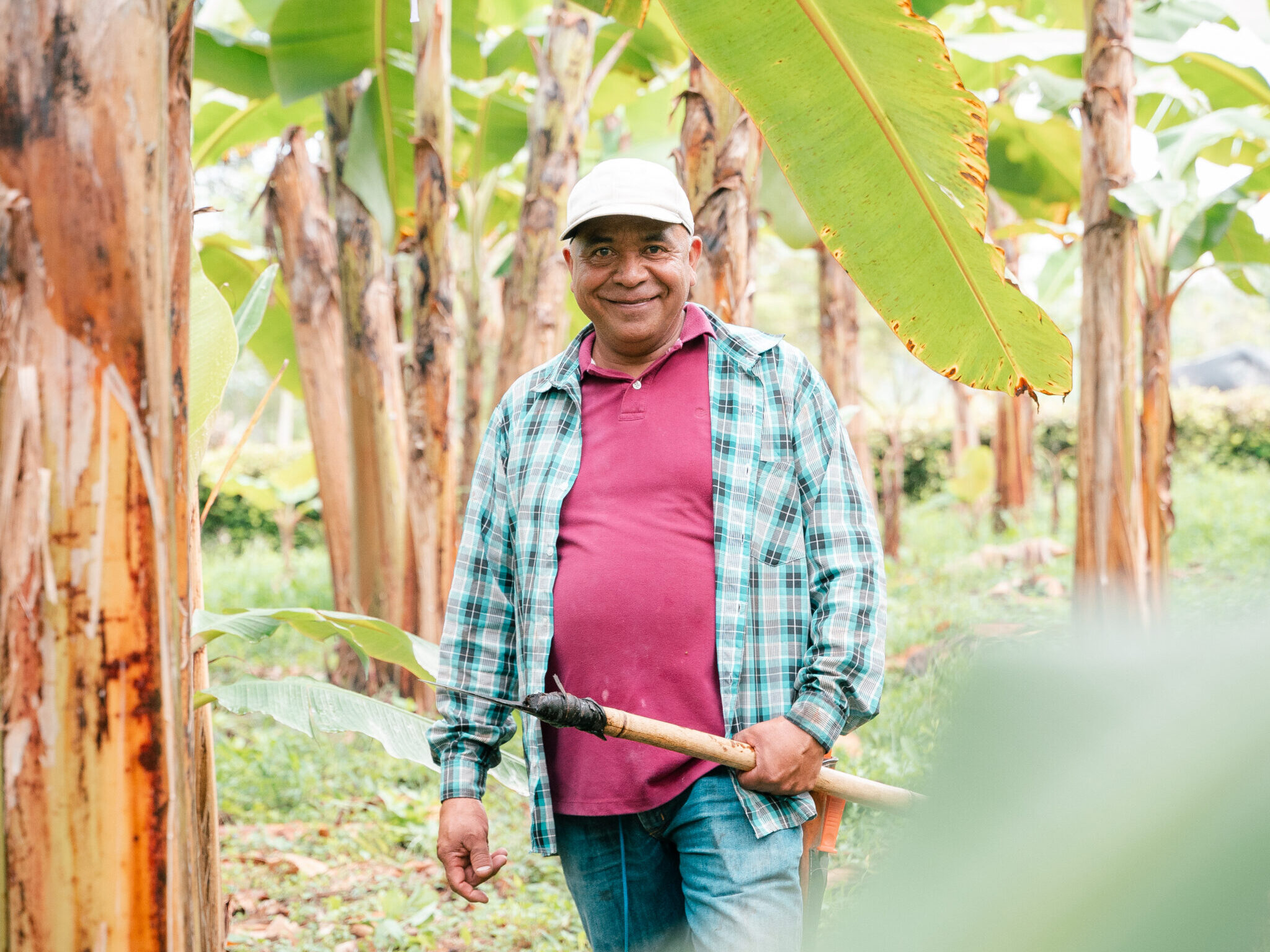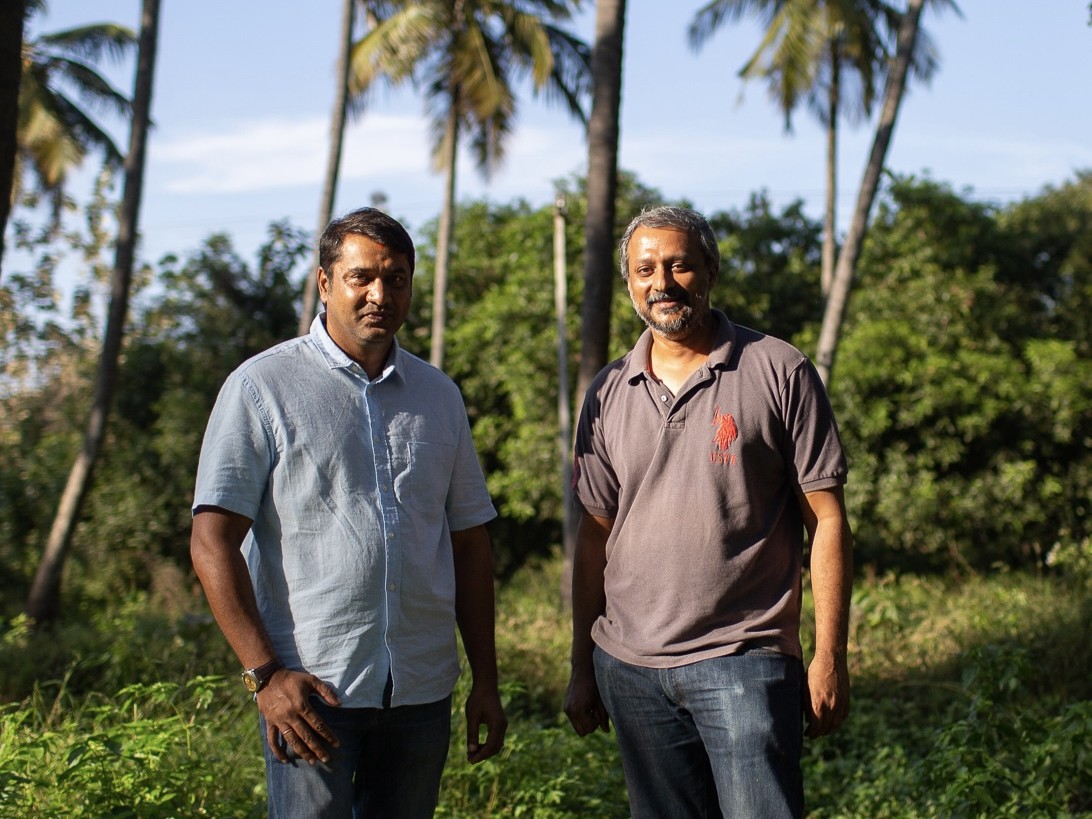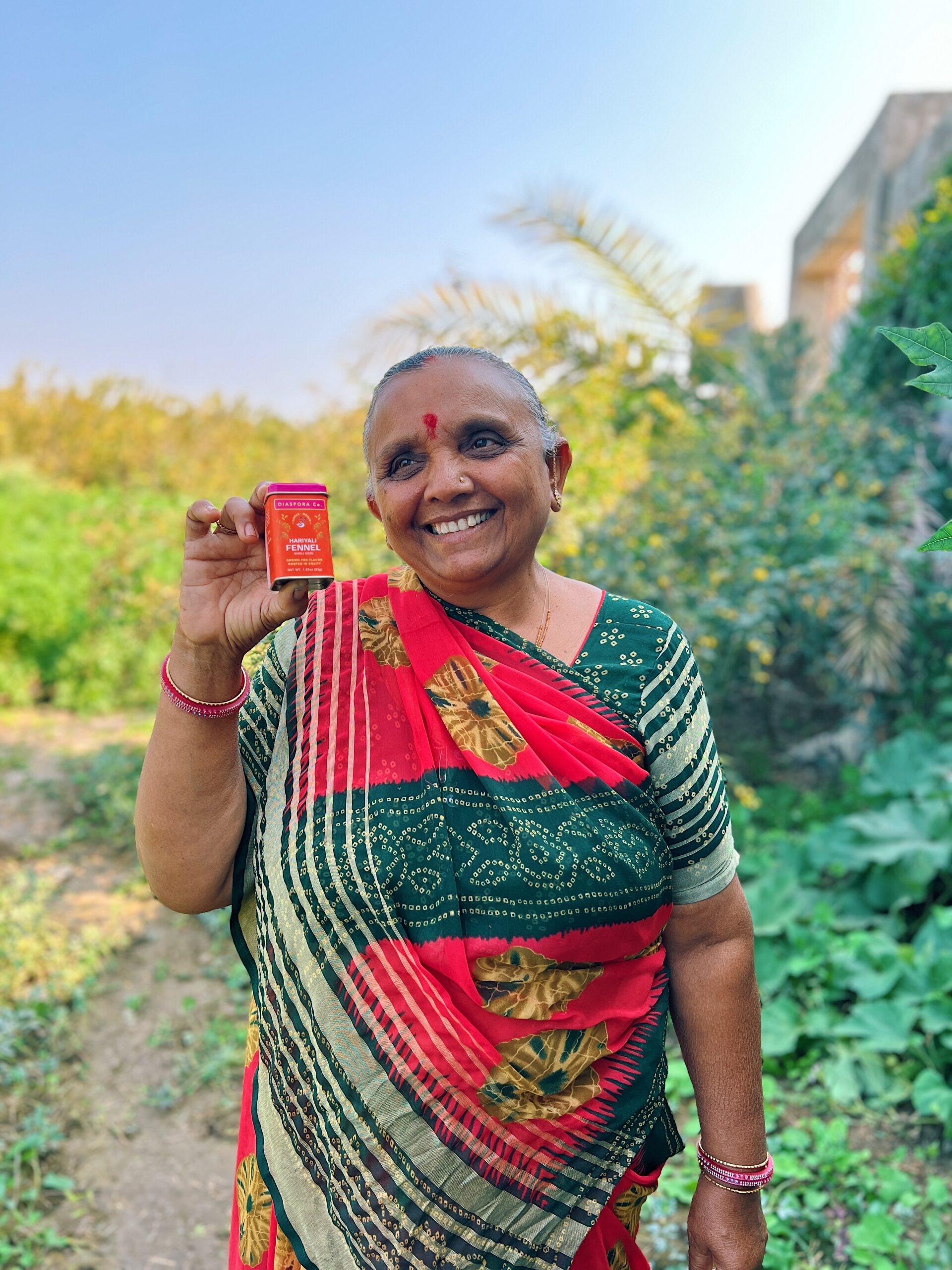By Ali Robinson. This article was originally published on Impact Entrepreneur.
What kind of capital does my business need to grow right now? How will this change over time? What terms can I negotiate to protect my values? These critical financial planning questions — among others — are top of mind for many founders. But those running mission-first, natural products businesses are especially prone to sweating over these choices. They’re often under intense scrutiny when it comes to proving their business’s value and feel heightened pressure to answer funders’ questions with confidence and clarity of vision.
For these entrepreneurs, finding the right mission-aligned funder — one that will help guide a founder through pivotal choices and give them honest and constructive advice on how best to protect their values — is essential. Navigating the unique power dynamics at play when asking for money can be tricky; reflecting on the following questions will empower you to approach finance conversations with a clear idea of what you need from a funder and whether those you’re talking to are a good match.
What is my purpose, and am I articulating it clearly to funders?
Mission-aligned funders seek founders who are clear about their purpose and know how to tell their story. In fact, having a strong company story can mean the difference between growth and stalling out, especially for startups.
The team at Cooperative Coffees, which imports organic green coffee from small-scale farmers and fosters fair and equitable trading practices, has mastered this aspect of marketing its business to funders. The Fairtrade-certified cooperative not only prides itself on cultivating long-term relationships with its growers, but also promotes more transparency in the coffee industry. Its Fair Trade Proof website offers visibility into every contract the co-op has ever executed, including the prices paid to farmers.
By setting a high standard for earning a profit while engaging in fair business practices in an industry that often heavily exploits farmers, Cooperative Coffees demonstrated that it was a perfect fit for the RSF Social Finance borrower portfolio.
What kind of capital is best aligned with my enterprise’s needs at this stage?
Think about your enterprise’s likely growth in light of your mission and seek funding that fits that trajectory. Some funders, including most venture capitalists, prioritize fast-growth enterprises, with impact as a secondary consideration. If that matches your mission, great — rapid growth is key to solving many of the world’s biggest challenges, such as scaling up hydroponic farms or aquaculture technology. But other missions require slower ramp-ups — this is true of most local food system enterprises, which often need to rebuild all aspects of local supply chains, including distribution, marketing, and delivery, which industrial agriculture eliminated. It is important to understand your business’s likely evolution and seek funders that have corresponding growth expectations.
Founders of natural products companies typically have similar access to financial resources as other industry sectors. These primarily include investment or private equity (friends and family, crowdfunding, angel investors, venture capital) and debt (banks, private lenders, nonprofit loan funds, community development financial institutions). In some cases, founders may also have access to public and grant funding (federal, state, and local funds, foundations, nonprofit grant-makers). The value of working with mission-aligned funders is that they understand more comprehensively the implications of an impact-driven business model. They encourage relationship managers to collaborate with borrowers, relying on patience and innovation; to lend to entities that do not meet traditional requirements; and to understand how to evaluate nontraditional collateral.
I recently spoke with the founder of a company whose pre-pandemic business model was serving fresh-made meal kits, sourced from regenerative farmers and food suppliers, out of downtown storefronts. When employees in the enterprise’s market geography began working from home, it pivoted to selling frozen meal packages online through its own website and through web-based partnerships. As a result, its market grew.
Now it offers healthy options to busy working parents who want to serve wholesome and ethical meals to their families. The company is still in its infancy and is not a fit for RSF just yet, but its model is promising, and the founder is conducting a lot of due diligence and advance planning. After learning more about its current stage, I offered some recommendations for aligned funding, starting with Slow Money, which offers crowdfunding, equity, and more.
Does the funder have expertise in my field, and do I require additional support?
A funder with deep expertise in your field can give you much more than money; its knowledge of key players in the sector, supply chains, business models that have been tried and failed, and evolving market conditions can help you accelerate your company’s growth and avoid pitfalls. A strong funding partner should understand the market trends and other forces shaping your industry and how your business model fits into the big picture.
The funder’s ecosystem is important too. A primary funder may not be able to provide every piece of the financing puzzle, but those with strong networks can bring in others to fill the gaps.
Does this funder share my values, and how does it work with enterprises through tough times?
Look for a funder whose value system aligns with yours. Asking a funder about its own mission can be revealing. Pay attention to how it describes its goals, how it talks about reaching them, and what it doesn’t say. If a funder says it values something, it should have concrete examples of how that plays out. You’ll get a gut feeling about whether you believe the funder. Trust that feeling.
Our current climate of economic uncertainty offers the perfect framework for posing these questions. Is your potential funder sticking by its portfolio companies and helping them serve their mission despite inflation, supply chain disruption, and other factors? Is the funder patient and flexible? Does it have a track record of offering short-term extensions and negotiating restructures? Does it engage in proactive and collaborative communication to plan for storms brewing on the horizon? These are reasonable expectations of funders that say they’re focused on impact.
A final word to the wise: Initial funding decisions can be hard to unravel and will significantly impact your enterprise’s development. Remember that the relationship between founder and funder can and should be mutually beneficial and that each party should conduct due diligence on the other. If a funder doesn’t feel right, step back and reevaluate.


